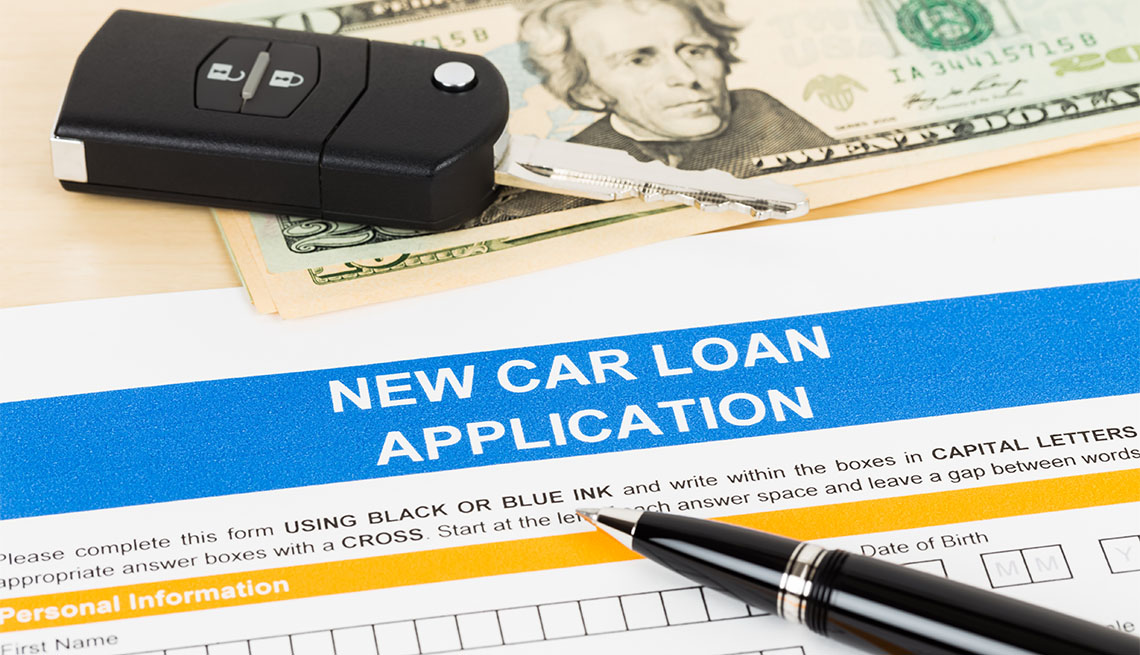
- Select a language for the TTS:
- UK English Female
- UK English Male
- US English Female
- US English Male
- Australian Female
- Australian Male
- Language selected: (auto detect) - EN
Play all audios:
When you're shopping for a car, you're often shopping for a car loan, too. With autos now selling for an average of more than $37,000 new and $20,000 used, not many of us can buy
without borrowing. Just like cars, these loans come in many sizes and packages, and some are better deals than others. Here are the steps you'll want to take to ensure you get the least
expensive financing you can. 1. CODDLE YOUR CREDIT The most powerful factor affecting the interest rate you'll pay is usually your credit score. The higher that number, which is drawn
from your credit history, the lower the rate lenders will offer. On a five-year, $20,000 new-car loan, for example, a terrific score could get you a rate of 4.6 percent, according to FICO,
the leading score provider. A terrible score could mean paying 17 percent interest. A score higher than 660 or 670 should get you decent rates. Below that, you'll really pay up. Do
check your credit score before you buy — ideally, months before — and fix it if need be. There's no magic shortcut. Your best strategy is just to consistently make payments on time and
pay down your debts. If your bank or credit card issuer doesn't give you a free look at a score of yours, visit WalletHub.com, CreditSesame.com or CreditKarma.com. Also, go to
AnnualCreditReport.com to check each of the three major credit bureaus for any errors in your credit history. 2. PLAY THE FIELD Don't limit yourself to the financing presented by your
dealer. Instead, a few days or weeks before doing your final round of car shopping, approach other lenders — banks, credit unions or online auto-financing companies — for a nonbinding
preapproval on a loan. You may get a better rate than what you'll be offered on the lot. 3. DEAL WITH THE DEALER With another loan offer in your pocket, you're better equipped to
negotiate. And you should negotiate.




![[withdrawn] uk armed forces families strategy](https://www.gov.uk/assets/static/govuk-opengraph-image-03837e1cec82f217cf32514635a13c879b8c400ae3b1c207c5744411658c7635.png)



